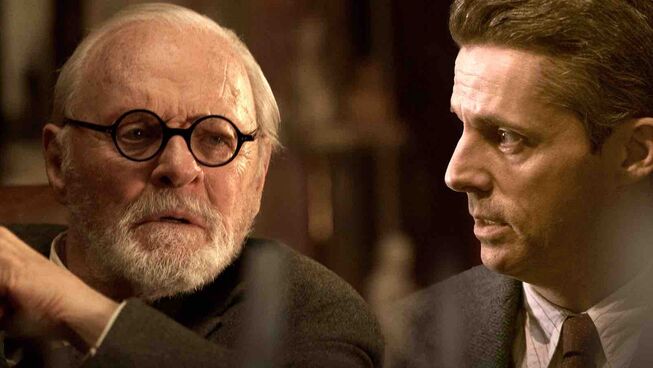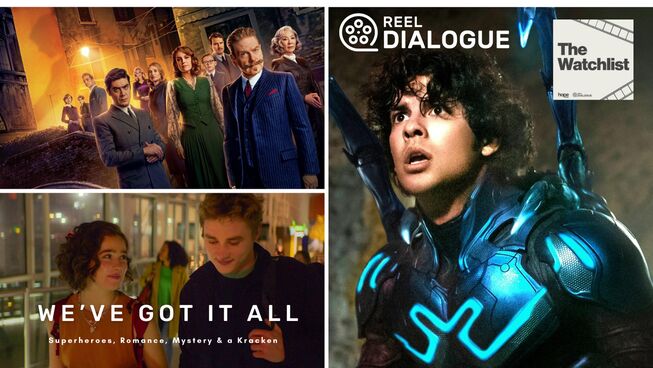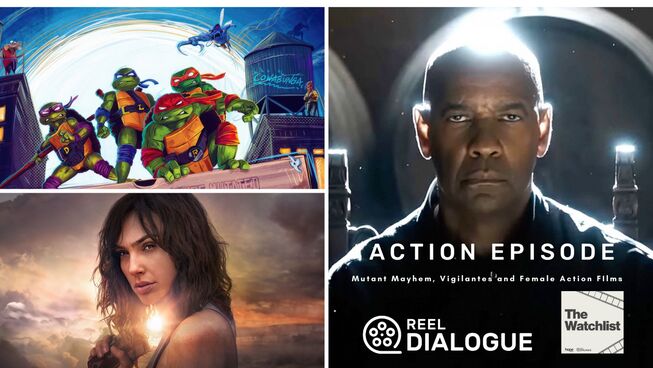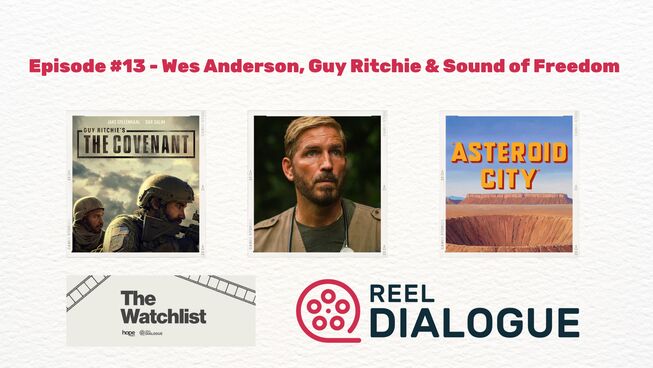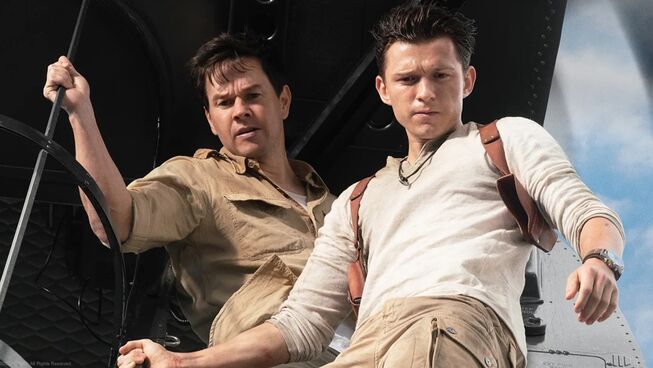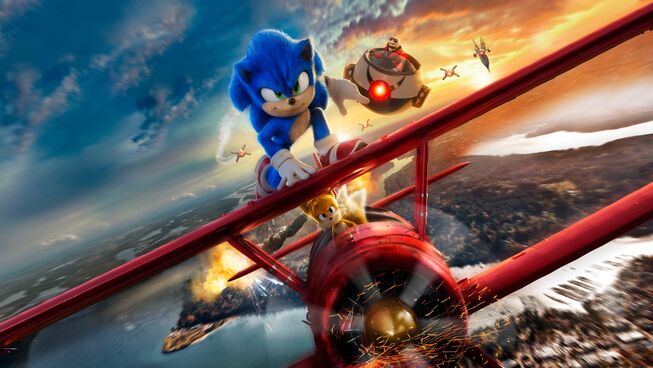The Last of Us
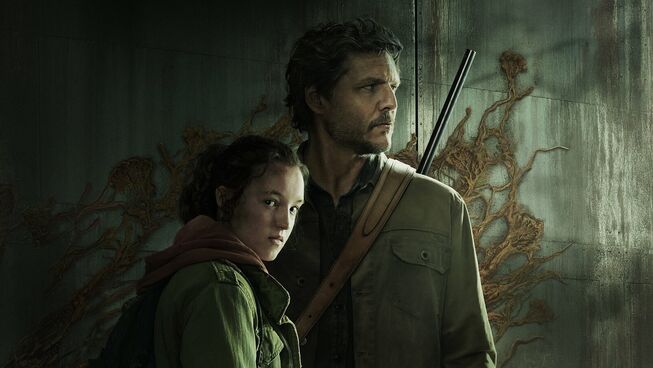
4 out of 5 stars
Since the 1993 dumpster fire that was the Super Mario Bros movie, translating popular video games into compelling drama has proven a monumental challenge. Whether it is Mortal Kombat Annihilation or Street Fighter the movie, an avalanche of embarrassing examples proves video-game adaptations do not work. In recent years, creators have found marginal success with films like Sonic the Hedgehog, Detective Pikachu, and Uncharted. Yet, other attempts like Assassin’s Creed and Tomb Raider prove the code still challenging to crack.
So when one of the best storytelling brands (HBO) gained the rights to tell one of the best video-game stories (The Last of Us) created by one of the best video game studios (Naughty Dog, Neil Druckmann) and hired one of the best storytelling showrunners (Craig Mazin, Chernobyl) to tell the post-apocalyptic zombie story of an unlikely adoptive-father-daughter duo set out to save the world, the question became, “Is this the end of the video-game adaptation curse?”
What makes The Last of Us work so well are the poignant discussion points it sets before audiences weekly. The game considers what would happen if the greatest epidemiological threat facing mankind was not viral but fungal. As this epidemic impacts society, what would happen if all restraints and accountability were removed? This chain of events would push people's souls as they consider if life would be worth living and/or dying for when all hope seems lost. Especially when the greatest danger facing mankind in a post-apocalyptic world was not zombies but mankind. These challenges would lead to lines being established on how far humanity would go to protect the ones they love. This leads the characters and the audience to wonder what point “loving actions” actually turn humans into the “bad guy” and if the needs of the many outweigh the needs of the few or the one.
Each episode seeks to answer these kinds of discussion points with a gut-wrenching, heart-rending effect. The storyline thrives in its ability to pull at our heartstrings as we root for Joel and Ellie to survive and connect emotionally. It is a testament to the talent in front and behind the camera that a line as simple as, “I’ve got you, I’ve got you baby girl,” can elicit such a strong, emotional response. Yet, powerful storytelling is exactly what’s on full display almost every week… almost.
The story thrives when focused on its two main protagonists, Joel (Pedro Pascal, Mandalorian) and Ellie (Bella Ramsey, Game of Thrones). The show's heartbeat is watching these two lonely souls slowly and reluctantly knit together. The screenplay causes all watching to wonder if Joel can open his heart to care again after losing his only daughter on the day of the outbreak. Also, is it realistic for Ellie to learn to hope when everyone she’s ever cared about has been taken from her by the horrific fungus? These are the more profound points that create the powerful core of the narrative structure and drive nearly every enthralling weekly episodes.
However, The Last of Us tends to lose its narrative steam when it flashes back in time. Several attempts are made to provide character motivations and focus on characters not central to the main drama that only partially works. The show rests squarely on the career-defining performances of Pedro and Bella. Though most aspects of the show are in top form, from costume to makeup, cinematography, to script writing, the showrunners' use of excessive language, rare nudity, and progressive messaging (unfortunately commonplace for HBO) cause the narrative to stumble a few times.
Yet overall, what Druckmann, Mazin, and their team have created is a compelling story of love, hope, and redemption that will likely go down as one of the best television seasons of the last decade.
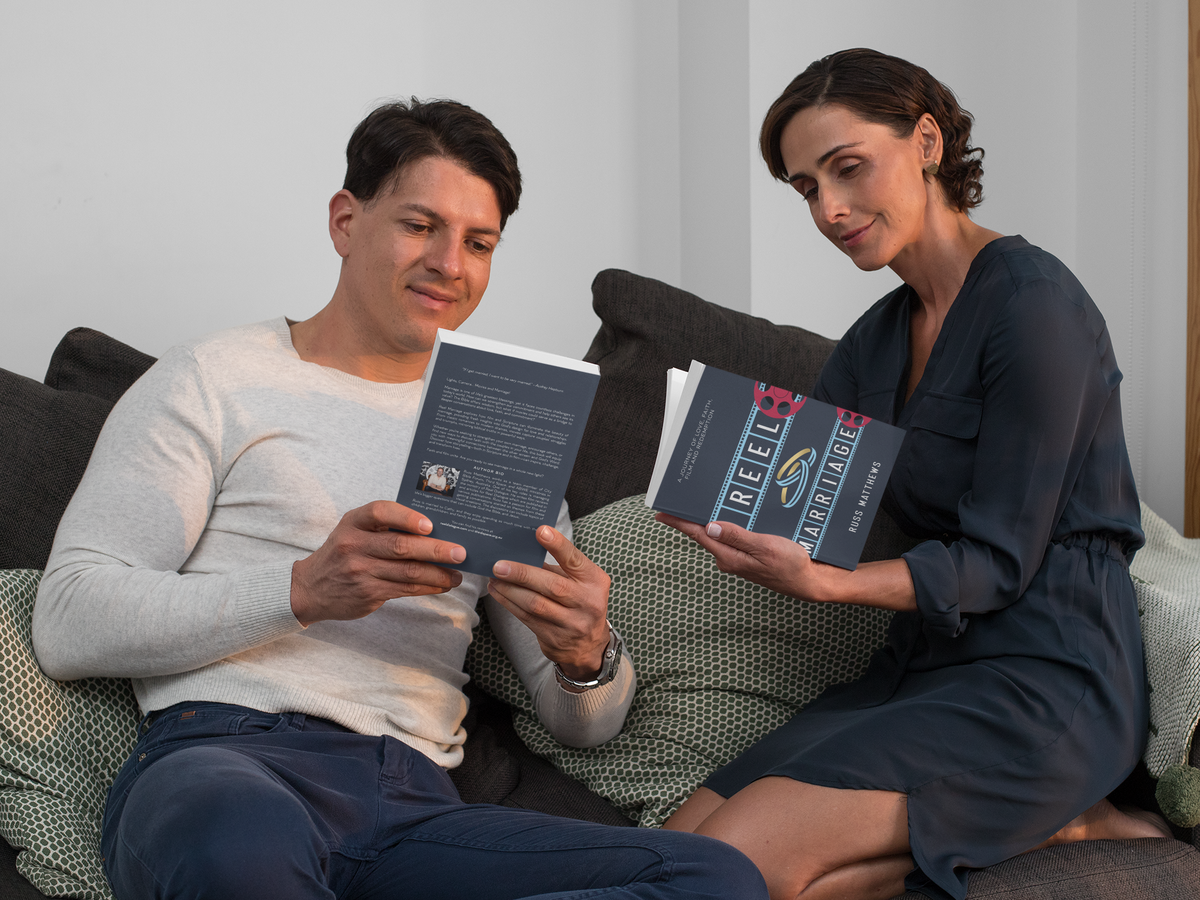
Reel Marriage
Lights, Camera... Movies and Marriage!
Marriage is one of life’s greatest blessings, yet it faces countless challenges in today’s world. How can we strengthen our commitment and help others see its value? The Bible offers wisdom, but what if movies could serve as a bridge to deeper conversations about love, faith, and commitment?
Reel Marriage explores how film and Scripture can illuminate the beauty of marriage, providing fresh insights into God’s design for love and relationships. From classic romances to modern dramas, movies capture couples' struggles and triumphs, mirroring biblical truths in powerful ways.
Faith and film unite. Are you ready to see marriage in a whole new light?
If you order your copy today you will also receive a complementary handbook that is only available with the purchase of the book (Print or ebook)
Reel Dialogue: Can love, the highest ethic of all, ever become toxic and destructive?
John 15:13, There is no greater love than a man lay his life down for his friends
One of the fascinating questions the show wrestles with is the idea of toxic love. It’s a bold and profoundly theological question the Bible addresses head-on.
Theologians for centuries have rightly focused on the reality of mankind’s “disordered affections” as the root of much of our pain, that our suffering is the result not simply of our broken world but our disordered affections, which the show gives much attention to.
Jesus taught during his brief time on earth that our affections, which run solid and deep, must be appropriately ordered lest they become destructive. When focused on God and his glory first, our affections prove orderly and fruitful and cause mankind to flourish. They become disordered and destructive when concentrating on themselves, things, or others before God.
It’s a powerful and vital question the show seeks to ask yet, in the end, struggles to answer precisely because it seeks to keep God out of the equation. Thankfully, Jesus gives clear answers to these profoundly important questions.

